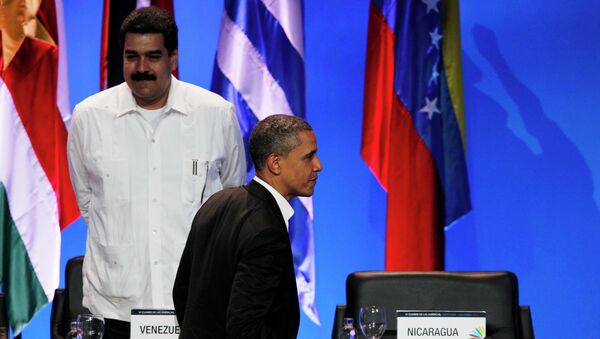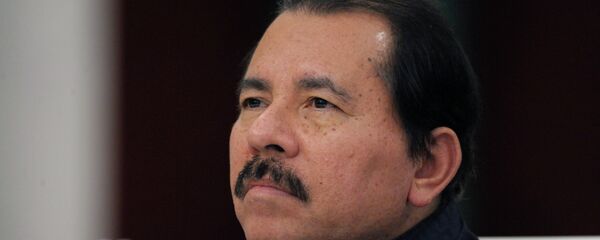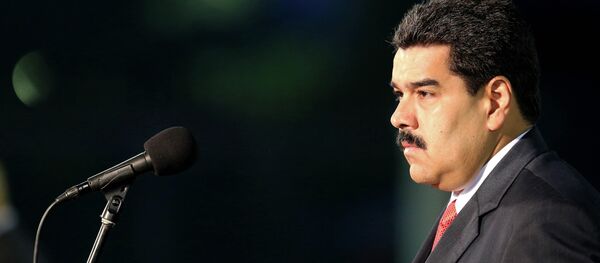"Venezuela hasn't been in war with any country since its independence, it has no military bases outside its borders, it does not engage in things like drone strikes or things of that sort, so there really doesn't seem to be a rational basis for the allegations that it poses a some kind of threat," Mills tells Loud & Clear.
According to Mills, "Venezuela actually poses a challenge" to US foreign policy in the region, rather than US national security because, despite economic hardships, Venezuela "is still a point of reference for regional integration and independence, for pushing back against the rehabilitation of the neo-liberalism in the region."
"The executive order has the effect of aiding the opposition coalition inside Venezuela," Mills states, "that has been on a relentless campaign to bring about regime change, and the opposition has actually engaged in an economic war against the official government." When constitutional devices failed for the opposition coalition, the extreme elements of the faction resorted to violence in early 2014.
"Far from being a formality, it gave a strong support for a violent campaign that resulted in more than 40 deaths that the opposition launched to bring about regime change."
Obama's executive order created a "firestorm of opposition throughout the hemisphere," as Brian Becker puts it. He asked Mills about how Latin America reacted to the decree.
"The major associations of the region, the community of Latin American and Caribbean states (CELAC), Union of South American Countries (UNASUR), and even the vast majority of OAS, the example of a more traditional organization, which includes the US; all of these associations came out with very strong statements, [against] this executive order. Millions of people throughout the hemisphere signed a declaration denouncing the decree," Mills said.
Asked about the general trajectory of Latin America and where the Obama order would lead, Mills remained optimistic.
"What is going on is a huge push by the right in Latin America, backed by the US and the right in Europe," he stated, "a huge push to rehabilitate the old regime from where it has been pushed back over last two decades and to undermine the progressive regimes that we have in a number of Latin American countries."
"I see, on a promising note, that social movements have not moved away, that there's the spirit of Grande Pátria, the idea of South American integration," Mills said.
"What we are going to witness is a pushback, once the public sector sees what the consequences of return of the neoliberal regime look like, in terms of pushing back workers' rights, once they see this, there will be the immediate pushback. We see it in Brazil, and I suspect the executive order, far from aiding the opposition in Venezuela, will actually stimulate, evoke the response in public of Venezuela that goes beyond the Chavista base, a patriotic nationalist response, the kind of what we saw after previous executive order."



